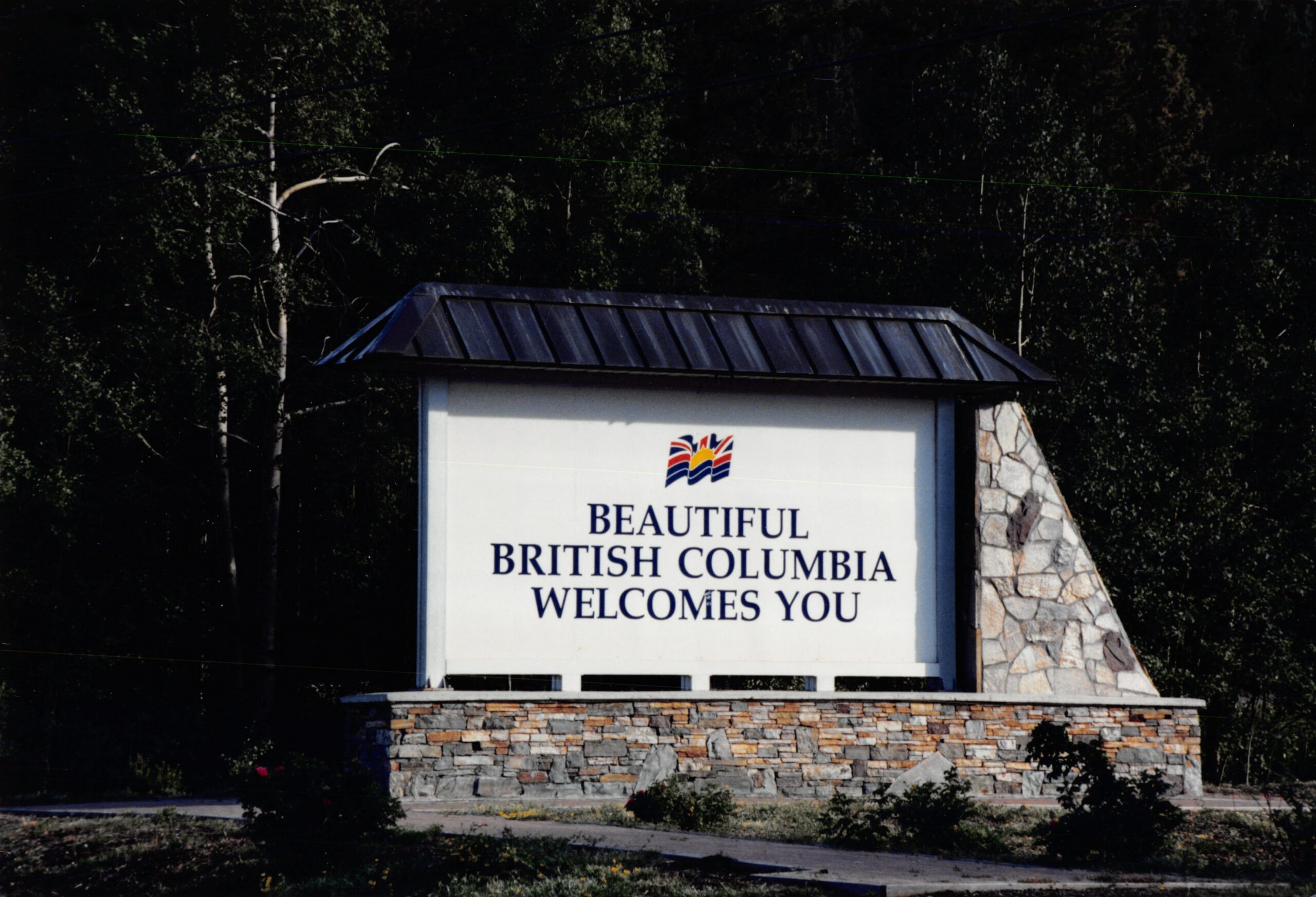Communities
Communities
We aim to create a comprehensive and holistic understanding of the connection between people and their environment (places). The Social Ecological Model provides a lens to observe the multi-layered influences on health outcomes, recognizing the interplay between personal behaviors, interpersonal relationships, community settings, and public policies.
Here, we provide accessibility scores for communities all around BC, based on walkability, bikeability, and transit options.


Explore Accessibility Near You
About 17.5% of Canada’s population is 65 years and older – and that number is expected to increase to one in four Canadians by 2040. That’s why we’ve created this resource, which shares information about the accessibility and convenience of some BC communities, based on nearby amenities, public transportation options, and bike infrastructure.
We identified the scores using Walk Score®, Transit Score®, and Bike Score® (www.walkscore.com). Scores range from 0-100, and higher scores indicate that tasks may be completed on foot, using wheeled mobility, or public transport.
For percentage of older adults in each community, we used information provided by Statistics Canada.
We hope that this information, along with demographic details that we’ve supplied, will help increase residents’ opportunities to go outside and engage in social activities.
Social Prescribing Programs in British Columbia
Below is a list of social prescribing programs identified via publicly available information (last updated October 2024). Please note, the Community Mobility Lab (CML) is not affiliated with the programs; and the CML does not endorse or recommend any programs.
Find a Social Prescribing Program Near You
-
Brella Community Services Society
More Information15008 26th Avenue
Surrey
BC
V4P 3H5
janice.gunn@brellasociety.ca
604-531-9400 ext. 204
-
People for a Healthy Community
More Information675 North Road
Gabriola Island
BC
V0R 1X0
seniorsnavigator@phcgabriola.org
778-244-4222
-
Seniors Outreach & Resource Centre
More Information115-2065 Benvoulin Court
Kelowna
BC
V1W 0A5
linkedtogether@seniorsoutreach.ca
250.861.6180 Ext. 4
-
S.U.C.C.E.S.S.
More Information28 West Pender Street
Vancouver
BC
V6B 1R6
socialprescribing@success.bc.ca
236-880-1071
-
South Peace Community Resources Society
More InformationSuite 117, Co-Op Mall, 10200 – 8th Street
Dawson Creek
BC
Square1@spcrs.ca
(250) 219-2119
eCourses and Videos
There are videos and online courses focused on people and our projects. Please note: The information is not a replacement for health care.
See Resources